Understanding Regional Regulations for Fencing in Tennessee
Cv
Understanding Fencing Regulations in Tennessee
Fencing is a critical aspect of property management and aesthetics for homeowners and businesses alike. In Tennessee, as with many states, there are specific regulations governing the installation and maintenance of fences. Understanding these regulations is essential for anyone planning to install a fence to ensure compliance and avoid potential legal issues.

General Guidelines for Fencing
Before installing a fence, it’s important to know the general guidelines that apply across most areas in Tennessee. Typically, these rules dictate the maximum height of fences, setbacks from property lines, and materials used. For residential areas, a common maximum height for backyard fences is six feet, while front yard fences are often restricted to four feet. It’s crucial to verify these details with local zoning laws as they can vary between municipalities.
In addition to height restrictions, certain materials may be prohibited depending on the locality. For example, barbed wire and electric fencing may be restricted or banned in residential areas due to safety concerns. Always check with your local zoning office or homeowners association (HOA) for specific material restrictions.
Permits and Approval Processes
Obtaining the necessary permits is a vital step in the fencing process. Many regions in Tennessee require a permit for new fence installations, especially if the fence is over a certain height or located near public rights-of-way. The permitting process often involves submitting detailed plans that outline the intended height, materials, and location of the fence.

Homeowners associations (HOAs) also play a significant role in the approval process. If your property is part of an HOA, you must adhere to their covenants and guidelines, which might include additional requirements beyond local regulations. It’s advisable to get written approval from your HOA before proceeding with any fencing projects.
Boundary and Property Line Considerations
One of the most common issues with fencing installations is disputes over property lines. To avoid this, it’s essential to have a clear understanding of your property boundaries. Hiring a professional surveyor can provide an accurate assessment of your property lines, ensuring that your fence is erected entirely on your land.
Tennessee law also stipulates certain responsibilities regarding boundary fences, especially those shared with neighbors. It’s often required to notify adjacent property owners about your plans and agree on maintenance responsibilities if the fence will affect their property.

Special Considerations for Agricultural and Rural Areas
For those living in rural or agricultural areas, additional considerations come into play. Fencing around farmland may have more lenient regulations, allowing for taller fences or specific types of fencing like barbed wire to contain livestock. However, these installations must still comply with basic safety standards to prevent harm to animals and humans alike.
In rural settings, respecting natural wildlife corridors is also important. Installing wildlife-friendly fencing can help minimize the impact on local ecosystems while maintaining security for your property.
Conclusion
Navigating the complexities of fencing regulations in Tennessee might seem daunting at first, but thorough research and preparation can make the process smoother. By understanding local rules, securing necessary permits, and respecting property lines, you can ensure that your fencing project enhances your property while remaining compliant with legal standards.
If you’re unsure about any aspect of the regulations or need assistance with permits, consider consulting with a local fencing contractor or legal expert to guide you through the process.
